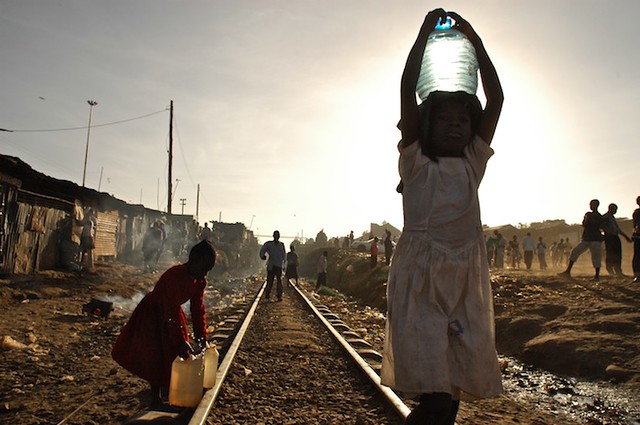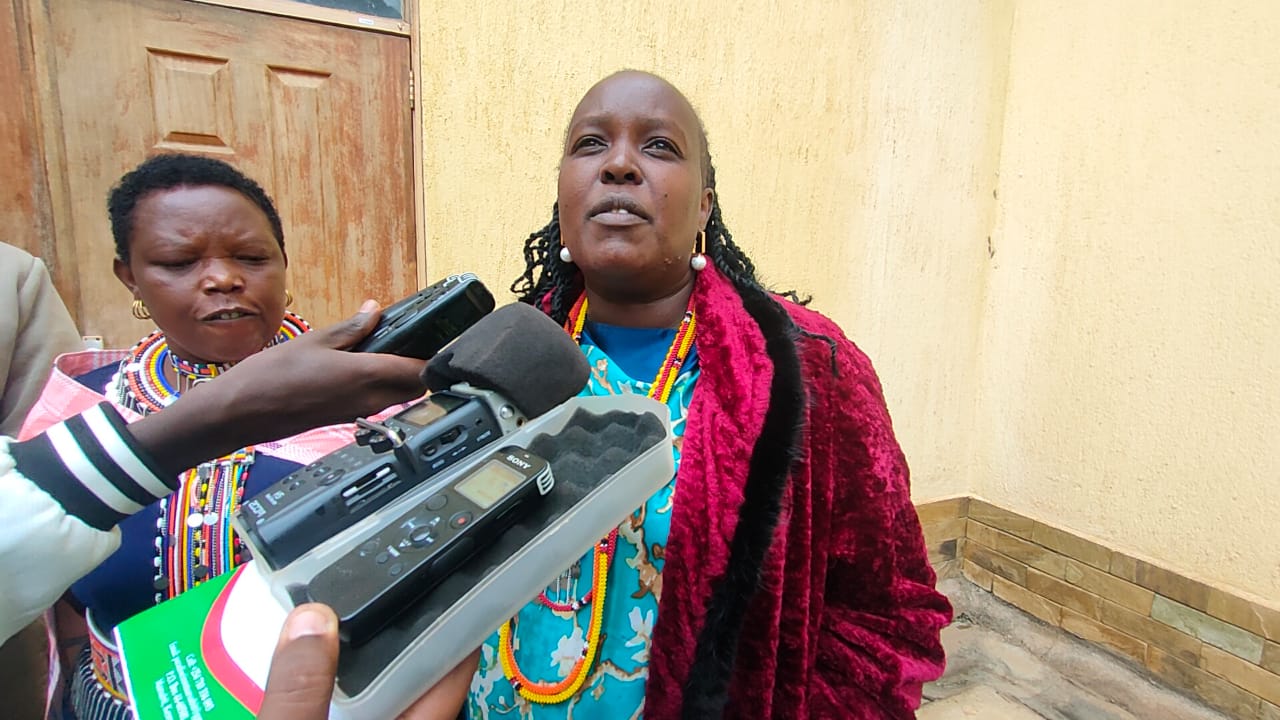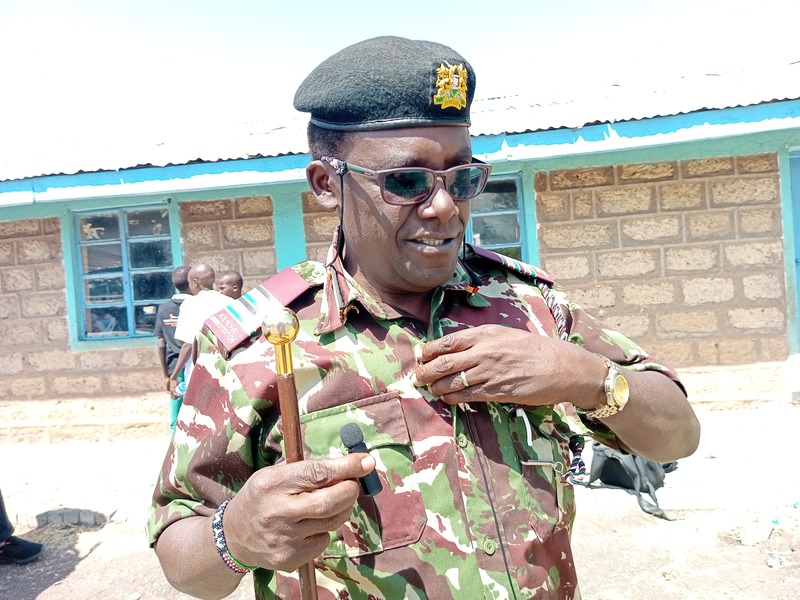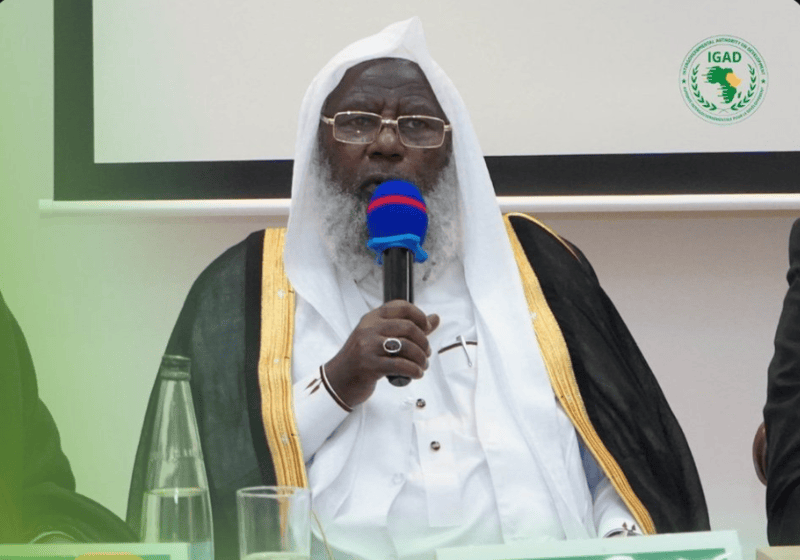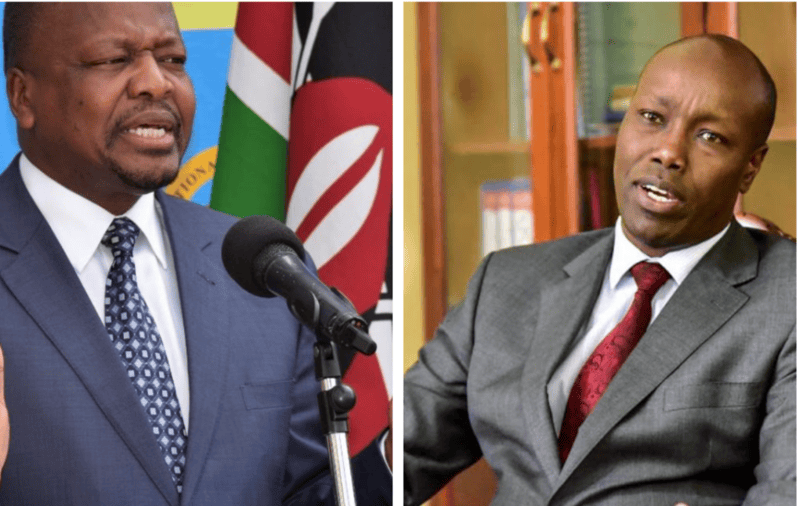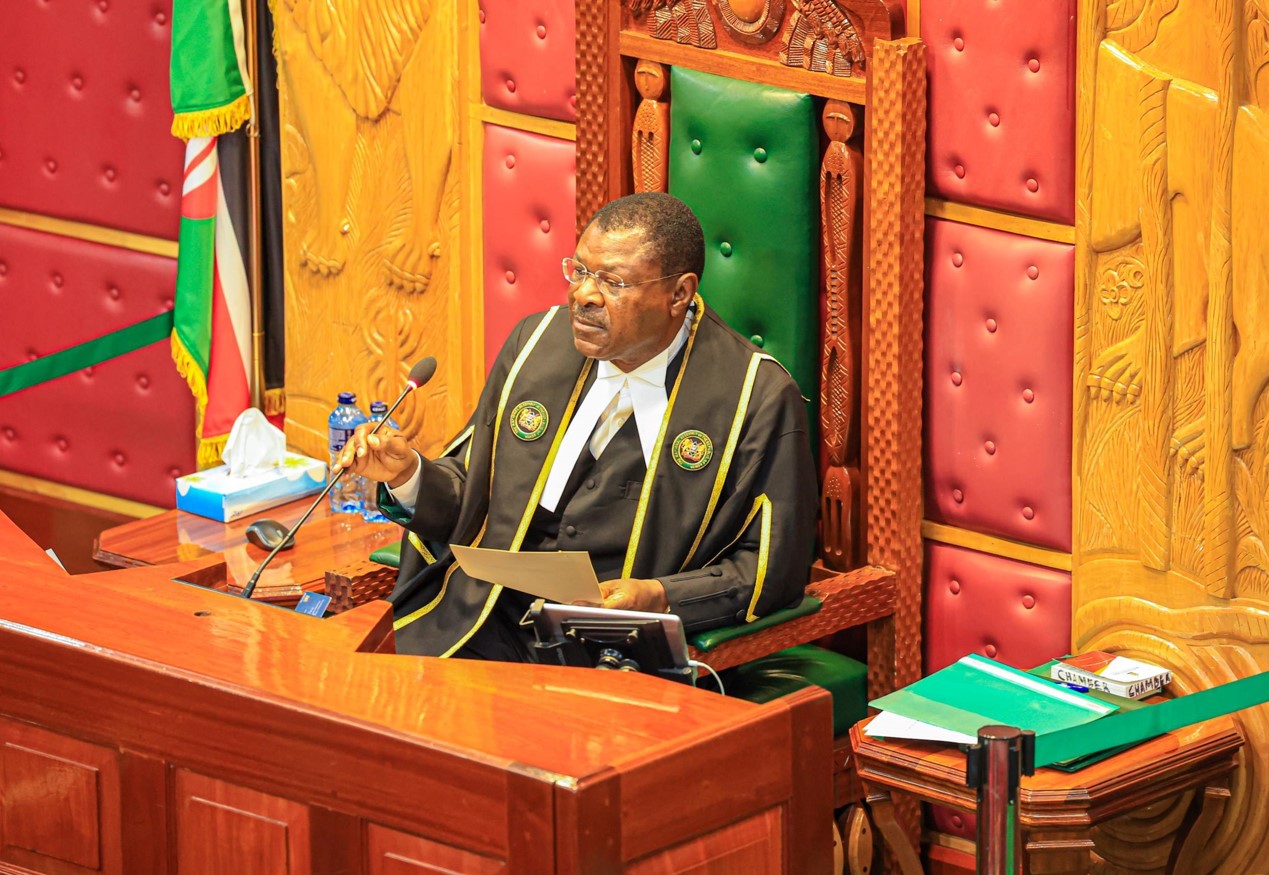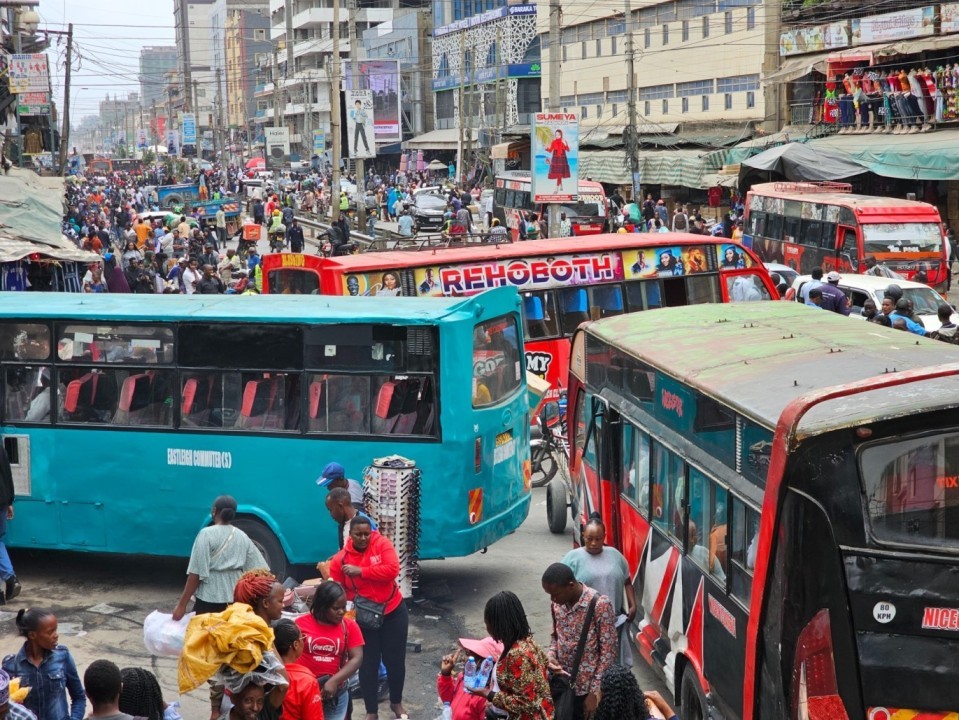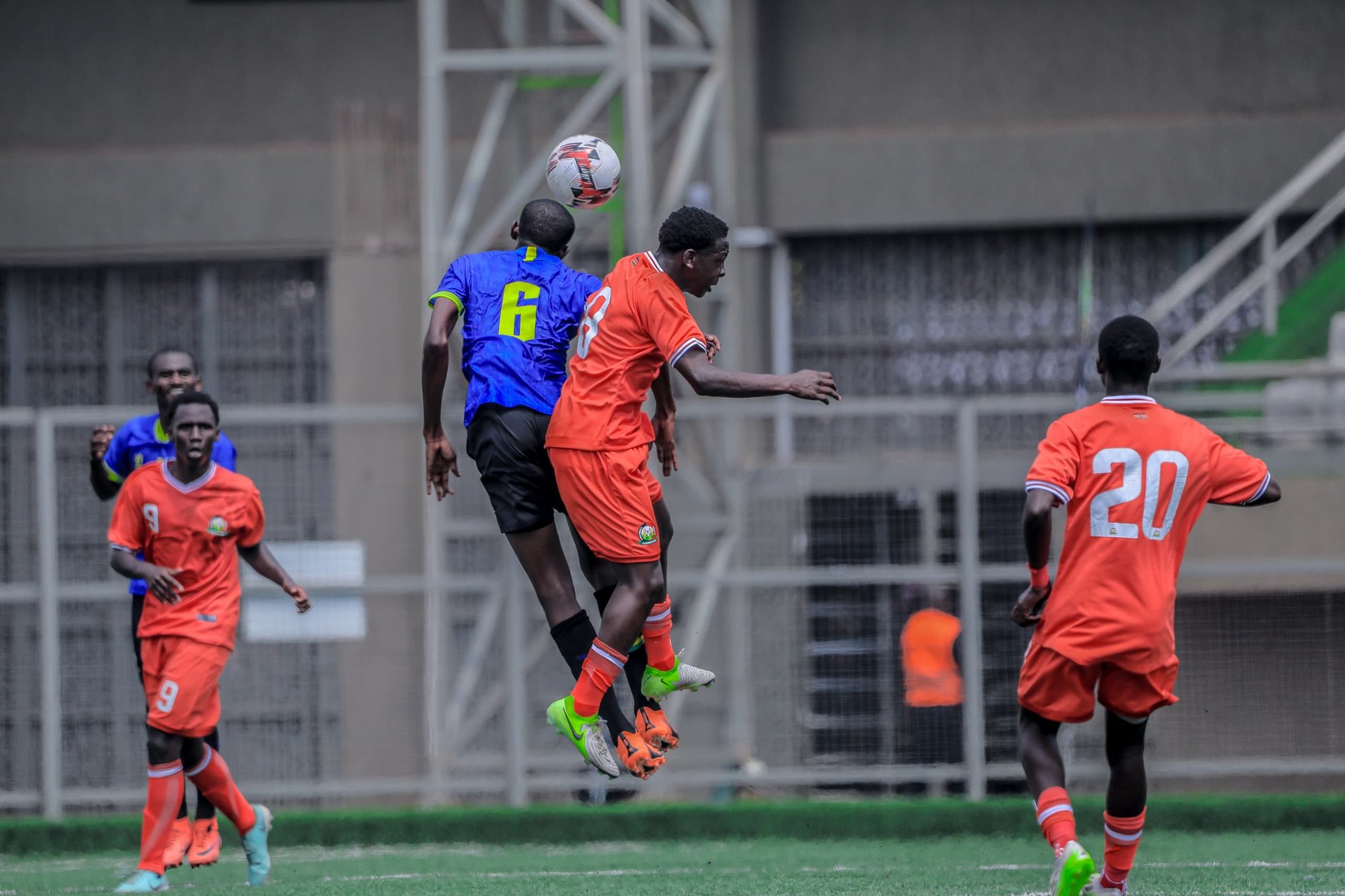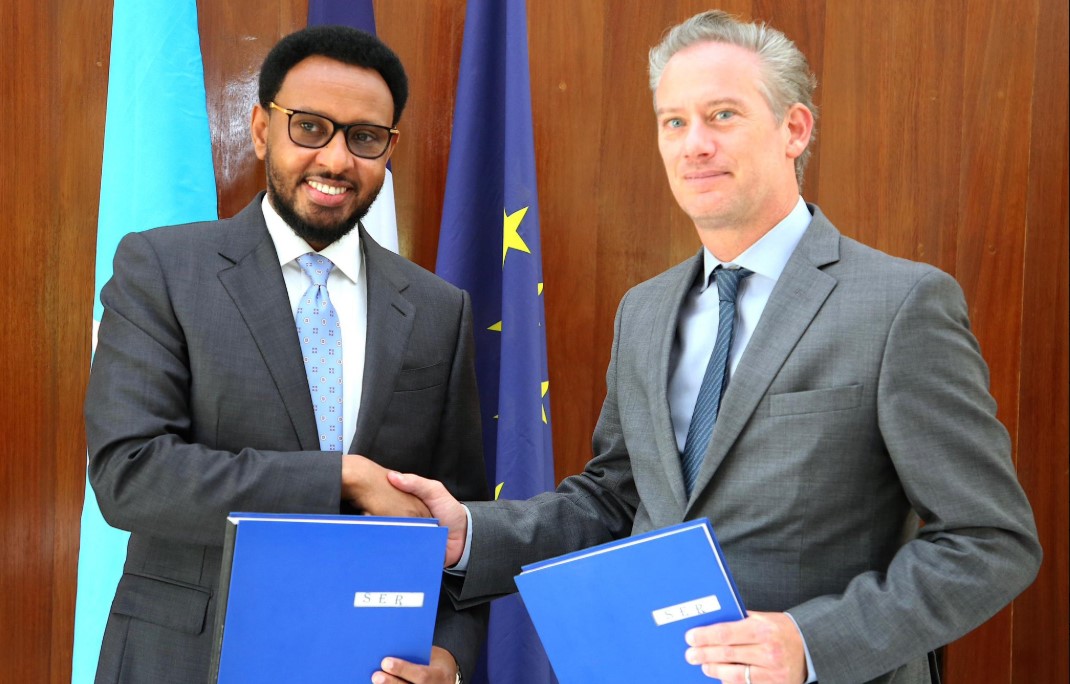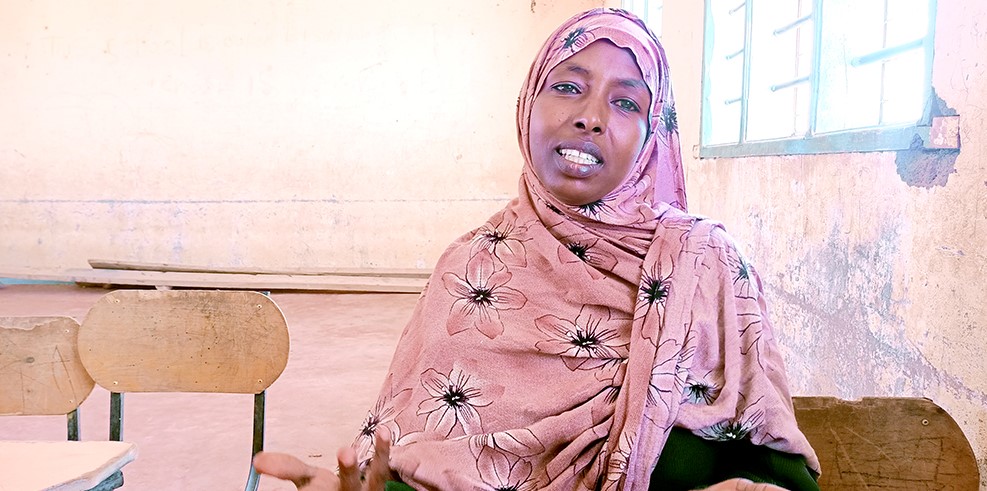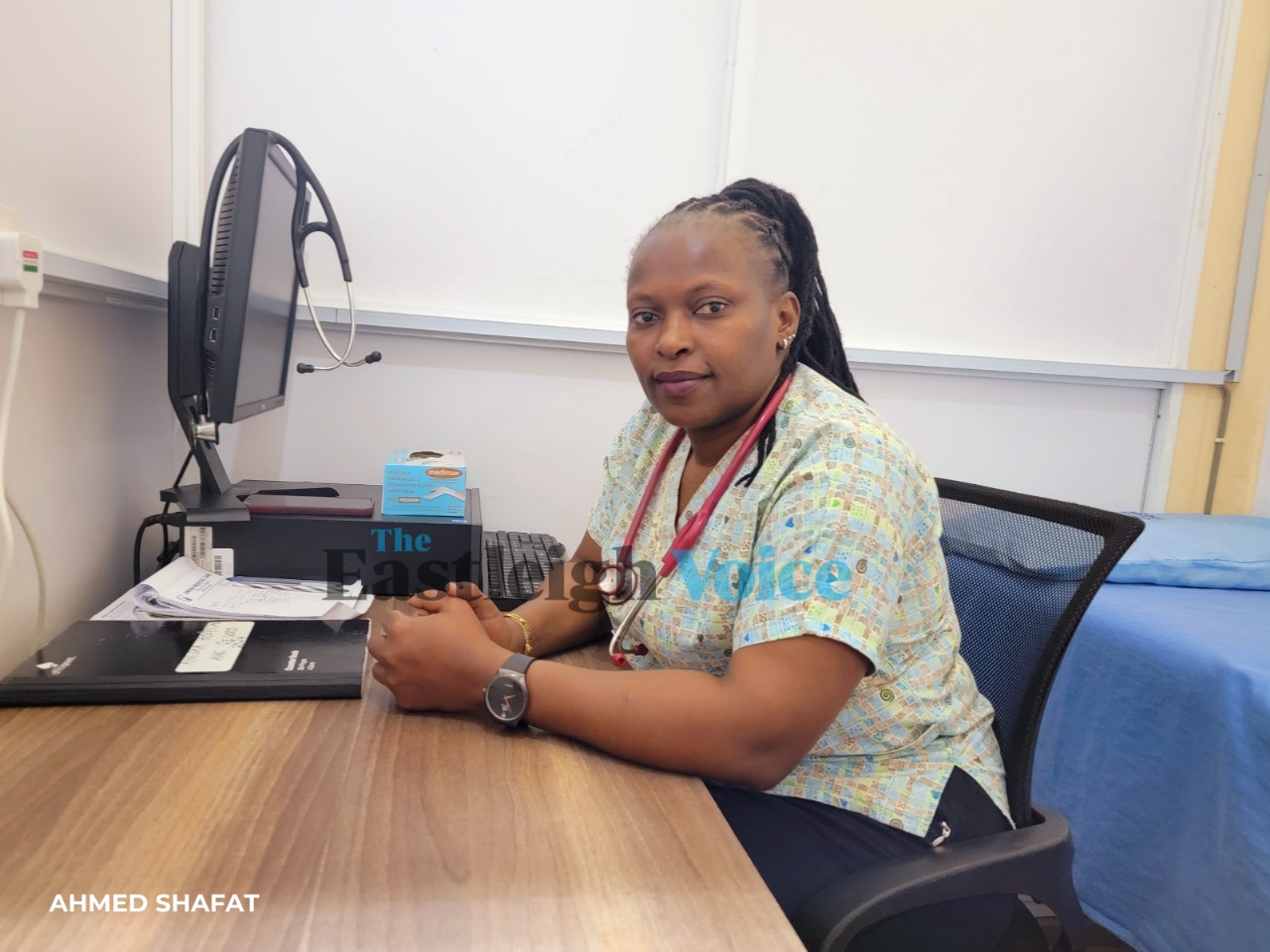Courageous young girls in Tana River winning the war against FGM
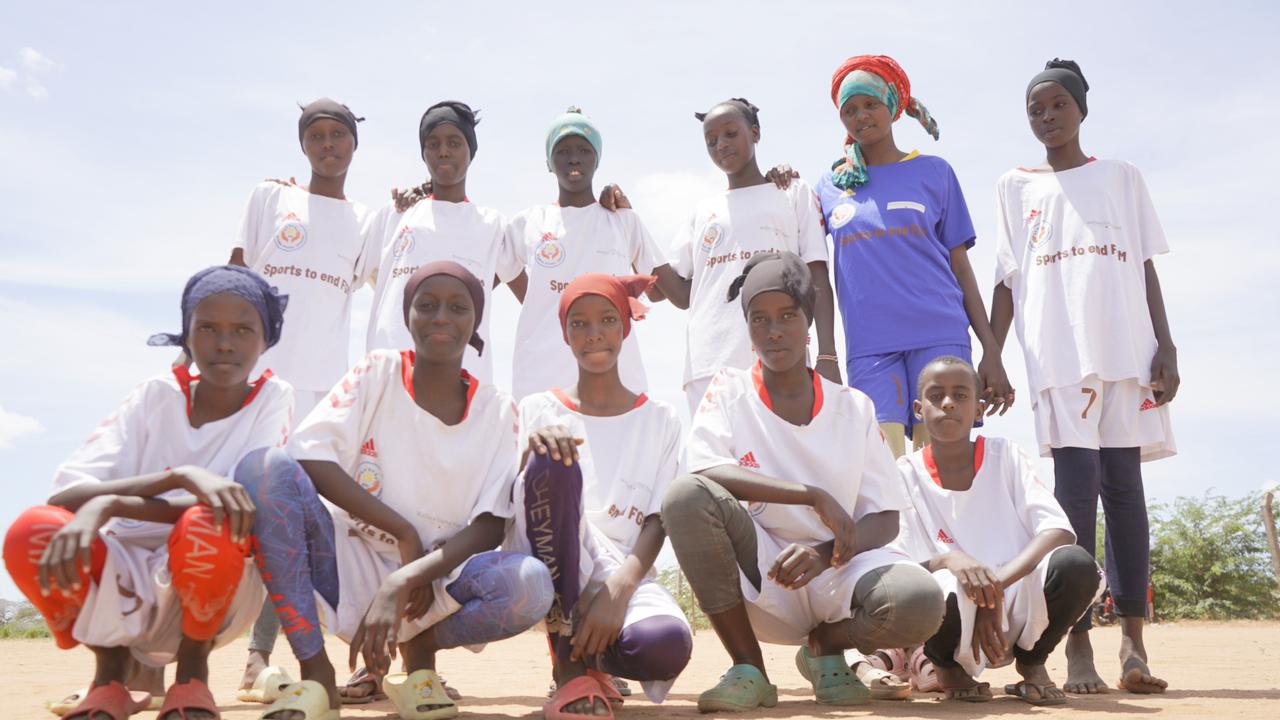
By Farhiya Hussein |
Through soccer, Hawaa is inspiring many girls to reject FGM and take pride in remaining the way they were born, a campaign that has so far saved over 20 girls from the blade.
Growing up in Tana River County for 15-year-old Hawaa Abubakar has not been easy. She has had to fight the pressure to undergo female circumcision, a practice that has been rampant in the region for many years.
But Hawaa and her friends are telling a new story, that of a new era where girls stand up against female genital mutilation (FGM) from an early age.
Keep reading
They have had to put up a brave face and fight off the mockery of not going through the cut.
Through soccer, Hawaa is inspiring many girls to reject FGM and take pride in remaining the way they were born, a campaign that has so far saved over 20 girls from the blade.
"I live with my aunt who takes care of me. She let me choose what I wanted for myself, and I chose to live whole. I didn't want the cut because I saw my colleagues tied like animals, suffering for days just to heal from the injuries," she said.
Her decision remained a secret between her, her grandmother and her aunt, but not for long.
In the Orma traditions, a girl is subjected to FGM when aged between six and 11 years. Once circumcised, she is seen as a woman and is ready for marriage. Circumcised girls then form groups of graduate initiates.
As she turned 12, some women realised that Hawaa was not in any group of girls who had undergone FGM and tongues started wagging. They realised she had not undergone the cut, and pressure to have her circumcised started.
 Gender Activist Jamila Dokota having a conversation with members of the Ipsitu Girl's Football Club in Kalkacha Village, Tana River County. (Photo: Farhiya Hussein)
Gender Activist Jamila Dokota having a conversation with members of the Ipsitu Girl's Football Club in Kalkacha Village, Tana River County. (Photo: Farhiya Hussein)
"Many entitled voices rose and spoke with a lot of bitterness and disgust. I was 12 years old then. When I stood my ground, my aunt stood with me," Hawaa said.
Discrimination
She continues to face discrimination from her peers, both at home and in school, with women whose daughters are circumcised saying she could be a bad influence on them.
But she has remained unshaken, soldiering on boldly.
"Sometimes at school, they call me names; they sing songs to mock me during break time and they gossip about me. But I have learnt to be soft to win them over," she said.
The soft-spoken teenager has managed to win over both the circumcised and the uncircumcised to her soccer team, Ipsitu Girls FC. Her aunt is their patron.
The team, which currently comprises 23 girls, was founded in 2021 and faced a lot of criticism from villagers.
"I was facing intimidation from my peers in school, especially the boys. My first ball was taken from me by the school head boy and pierced with nails," Hawaa said.
The football team continues to suffer attacks from some parents and elders who consider it taboo for girls to play soccer.
Zeitun Daud, 15, who is the team’s deputy captain, said during the dry season some people claimed they were the reason it was not raining as spreading their legs while playing cursed the ground.
But she said the insults have only made them stronger in their resolve to fight FGM.
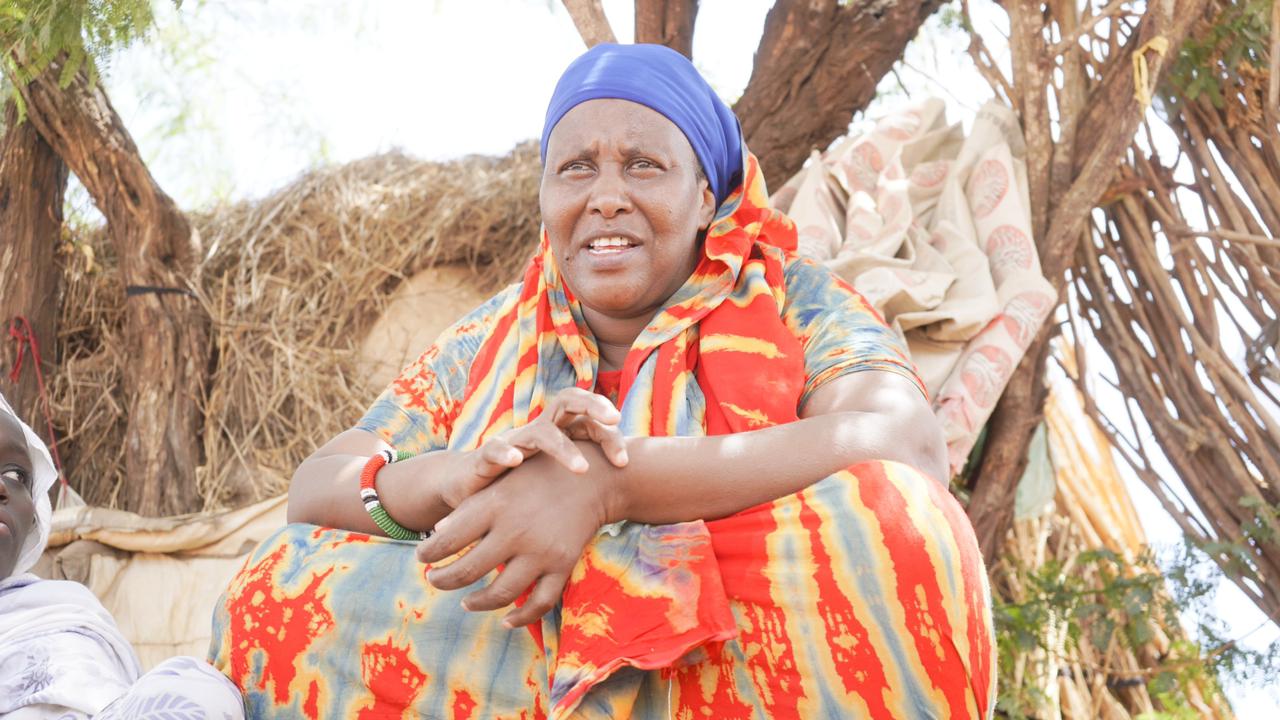 Gender Activist Jamila Dokota during an interview at Kalkacha Village, Tana River County. (Photo: Farhiya Hussein)
Gender Activist Jamila Dokota during an interview at Kalkacha Village, Tana River County. (Photo: Farhiya Hussein)
Just like Hawaa, she has had to endure criticism and rejection from some relatives who wanted her circumcised.
"I'm happy that my father is on my side and he tells me I am a complete woman. Any other opinion does not count," she said.
"Eyes opened"
She said that football has opened her eyes to the hidden conversation about the female cut, and has been sharing her knowledge with young people so that they reject it.
"Undergoing the cut is never from free will. It is forced and practised on minors below 12 years of age. It's a terrible tradition and while activists mainly deal with adults, our assignment is on our peers," Zeitun said.
The two girls said that soccer lures their peers to the team where they talk about the need to discard FGM.
According to gender activist Jamila Dokota, circumcised girls are incorporated into the team to help them heal from the trauma.
"We share both experiences and dispel the disinformation about uncircumcised girls. The girls share their true experiences and that helps a lot in the war against the vice," Jamila said.
“My work is to safeguard them from harm of any kind."
To ensure the conversation against FGM spreads further, a parallel team of boys aged between 8-15 years was formed. The girls share information on the effects of FGM with the boys.
In return, the boys help in confronting trolls from their age mates, both in school and at home.
"If we are going to educate the adults, then the boy child must also be fed with the correct narrative before they are fed with the garbage that makes FGM thrive," Jamil said.
Acting County Director for Gender Millicent Ondiek said cases of FGM in Tana River have reduced remarkably in the last five years — from 98 per cent to 60 per cent — thanks to activities by the youth.
According to the Kenya Demographic Health Statistics of 2022, the prevalence of FGM has dropped from 21 per cent to 15 per cent nationally.
Reader comments
Follow Us and Stay Connected!
We'd love for you to join our community and stay updated with our latest stories and updates. Follow us on our social media channels and be part of the conversation!
Let's stay connected and keep the dialogue going!
Latest News For You
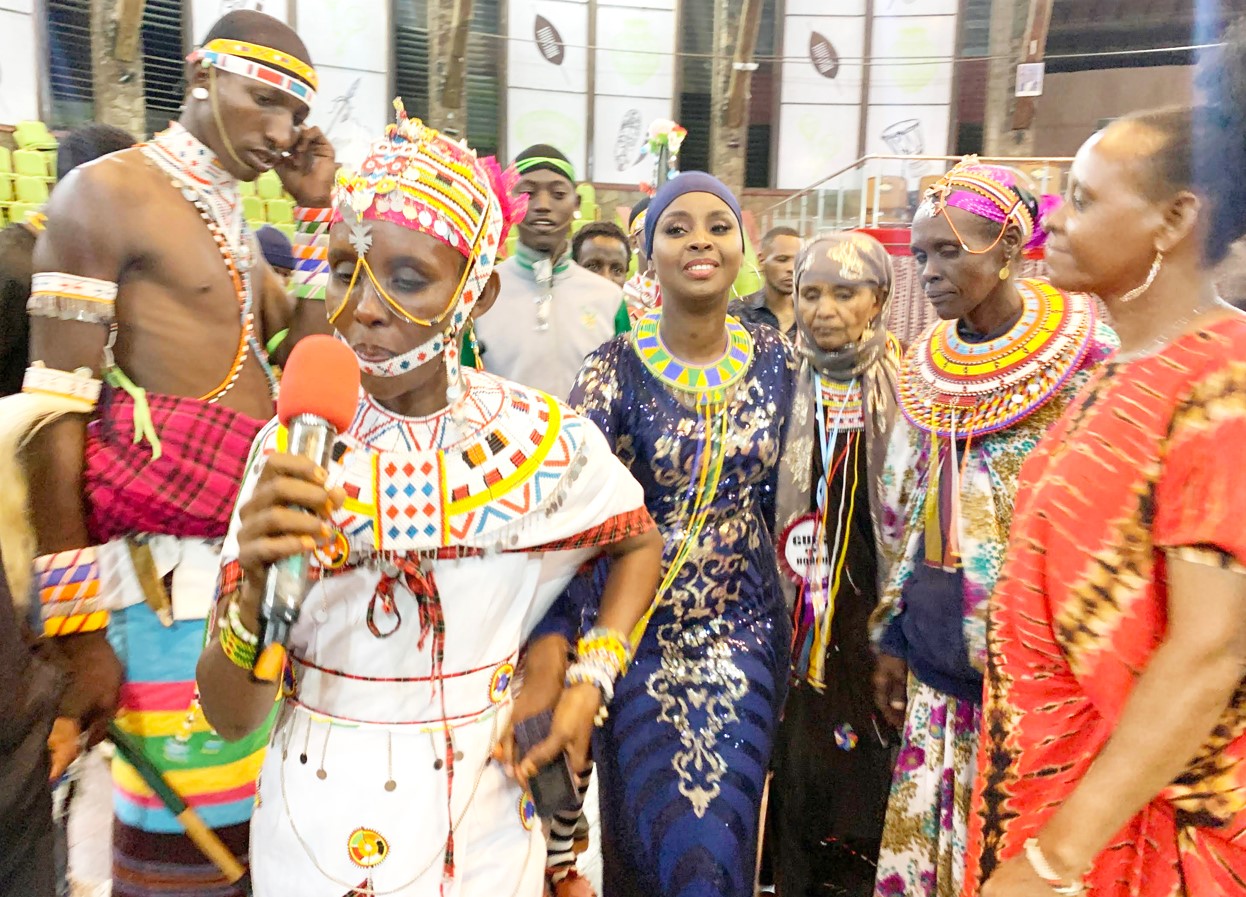
Marsabit woman on mission to save Rendille girls from FGM, early marriages
